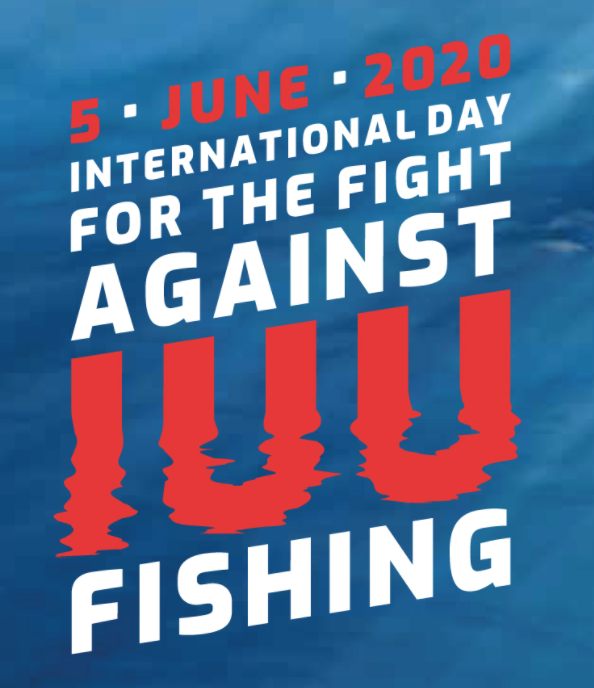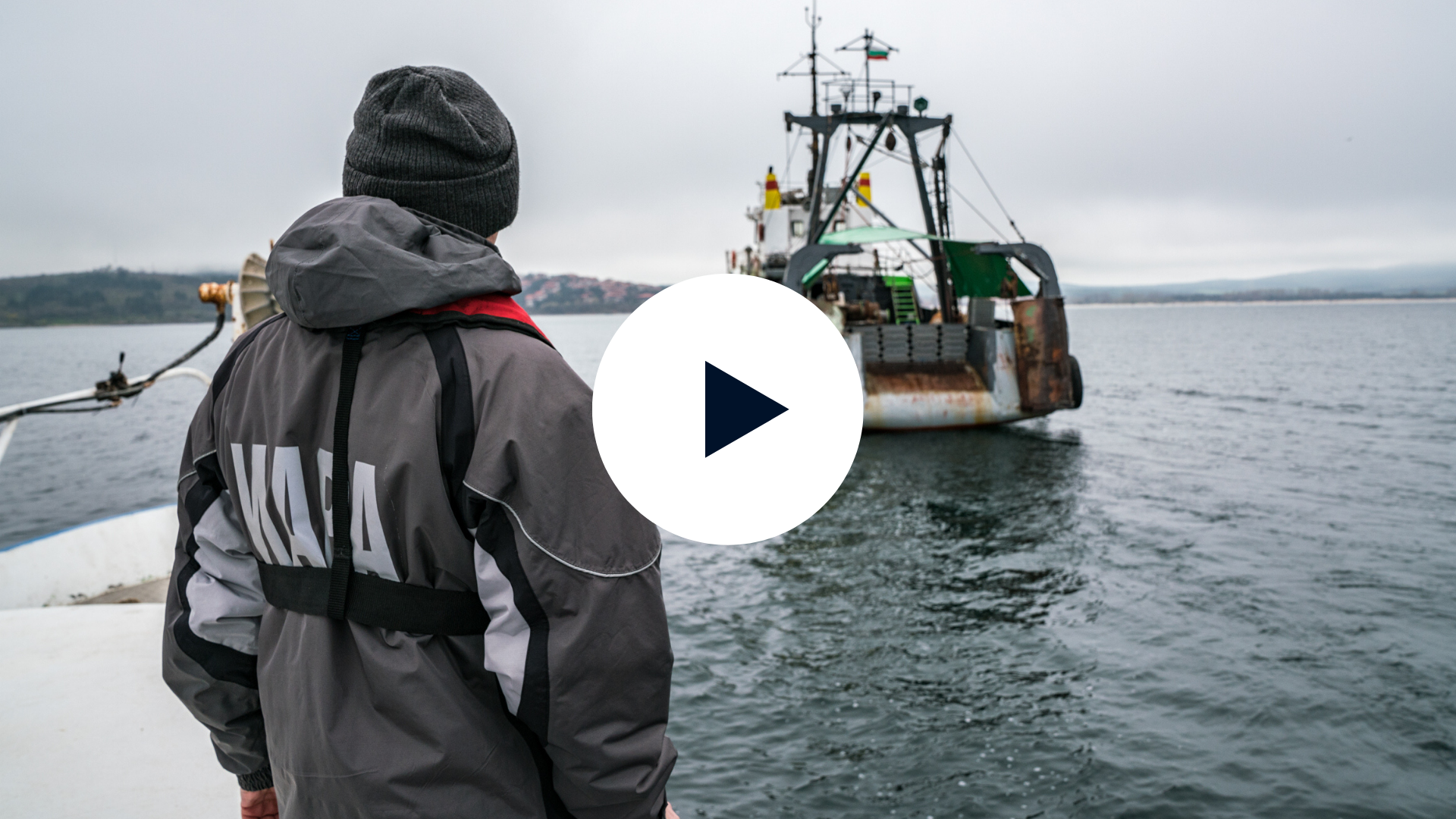International Day for the Fight against IUU Fishing - 5 June 2020
.jpg)
States face new challenges to monitor, control and surveil fishing operations, and to ensure the implementation of sustainable fisheries management. Join us on Friday 5 June to discuss innovations and digitalisation to #FightIUUFishing.
On the occasion of the third celebration of the International Day for the Fight against Illegal, Unreported and Unregulated Fishing (ID-IUU) the GFCM recalls the importance of maintaining the highest attention on the fight against IUU fishing during the current COVID-19 pandemic.
The ID-IUU, an ad hoc instrument, allows us to reflect on the issue of IUU fishing during this delicate period. In particular, the monitoring, control and surveillance of fisheries activities is now facing a high risk of growing cases of alleged IUU fishing caused by a significant decrease of effective controls like for example inspections at sea or at port.
|
5 June: the International Day for the Fight against IUU Fishing The International Day for the Fight against IUU Fishing (ID-IUU) is an initiative launched in 2015 by the GFCM in Marrakech, Morocco. Thanks to the efforts of the GFCM, it was endorsed by the FAO and by the United Nations General Assembly which, in December 2017, proclaimed the ID-IUU as an official UN observance.
|
The GFCM is strongly committed to continue working on best practices and sharing the results over the region to encourage their adaptation and replication. Last year, in the context of the GFCM High-level conference on MedFish4Ever initiatives: Advances and renewed commitments, the GFCM celebrated the ID-IUU with a particular event of regional scope to award selected best practices in fighting against IUU fishing. Discover the seven awarded best practices that exemplify the progress made in the Mediterranean and the Black Sea in terms of virtuous initiatives and innovations.
To celebrate IUU Day this year, the GFCM will participate in a virtual event jointly hosted with the FAO Fisheries and Aquaculture Department, focusing on "Activities and regional initiatives to combat illegal, unreported and unregulated fishing."
Learn more about the virtual webinar on 5 June 2020 and register to the event.
During the 2019-2020 intersession, the GFCM has focused on the fight against IUU fishing by developing specific recommendations to reinforce the GFCM IUU vessel list as well as the exchange of information on access agreements and joint inspections procedures for dedicated subregions to facilitate monitoring, control and surveillance (MCS) measures.
"In the context of the preparation of the GFCM post-2020 strategy, we will all be invited to reflect on the resilience of the fisheries sector and on the impacts of the COVID-19 crisis" said Roland Kristo, Chairperson of the GFCM. "Reflection will be enhanced towards the effective implementation of the Regional plan of action to combat illegal, unreported and unregulated fishing (RPOA-IUU), including strengthened compliance and the use of innovative technologies for the remote monitoring of fishing vessels. The preparation of the GFCM post-2020 strategy will also accelerate the modification of national strategies to align them with current challenges for an effective fight against IUU fishing."
|
What is IUU fishing?
Why is IUU fishing a serious problem?
How can we improve the fight against IUU?
|


